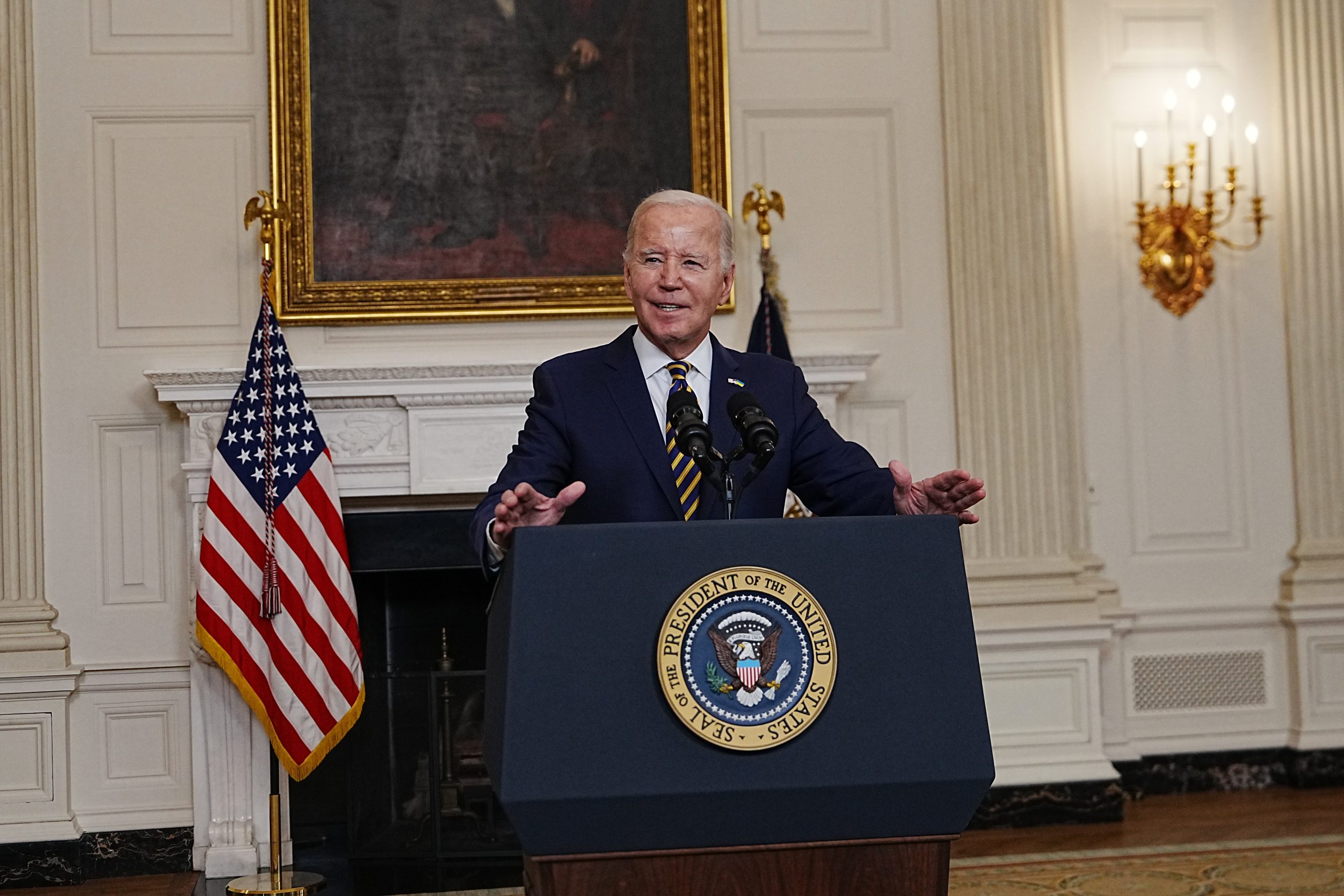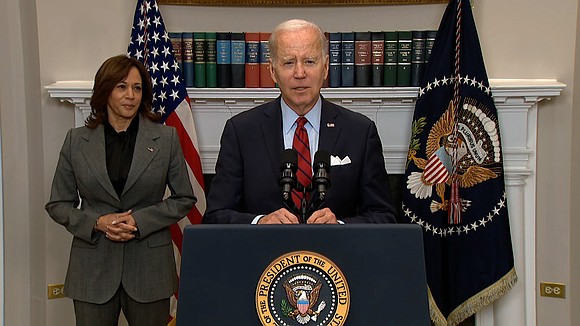President Biden is reportedly considering invoking a significant presidential authority to address the influx of migrants at the U.S. southern border. This authority, known as 212(f), dates back to 1952 and allows the president to suspend the entry of foreigners if their arrival is deemed contrary to the national interest.
The Trump administration previously used this law to enact measures such as travel bans and restrictions on asylum. If President Biden decides to proceed with invoking this authority, it could represent a significant shift in immigration policy from his administration’s initial stance.
The move comes amid record levels of migrant arrivals along the U.S.-Mexico border, leading to strain on the asylum system and heightened political scrutiny.

Biden (Credits: The New York Times)
However, any attempt to restrict asylum through executive action would likely face legal and logistical challenges. Previous attempts by the Trump administration to utilize the 212(f) authority for asylum restrictions were met with legal challenges, and it is uncertain how the Biden administration’s efforts would fare in court.
Critics argue that such measures would undermine the rights of migrants to seek asylum, a fundamental aspect of U.S. immigration law.
Lee Gelernt of the American Civil Liberties Union (ACLU) suggested that any executive order denying asylum based on the point of entry into the country would likely be met with legal opposition, echoing previous legal battles over similar policies.
While President Biden weighs the potential executive action, the administration continues to face pressure to address the challenges at the border.
The issue remains politically contentious, with immigration policy serving as one of President Biden’s most scrutinized areas of governance, particularly in the lead-up to the 2024 election.























